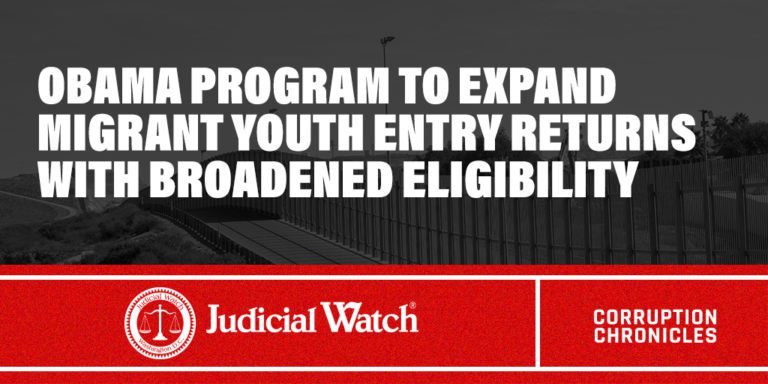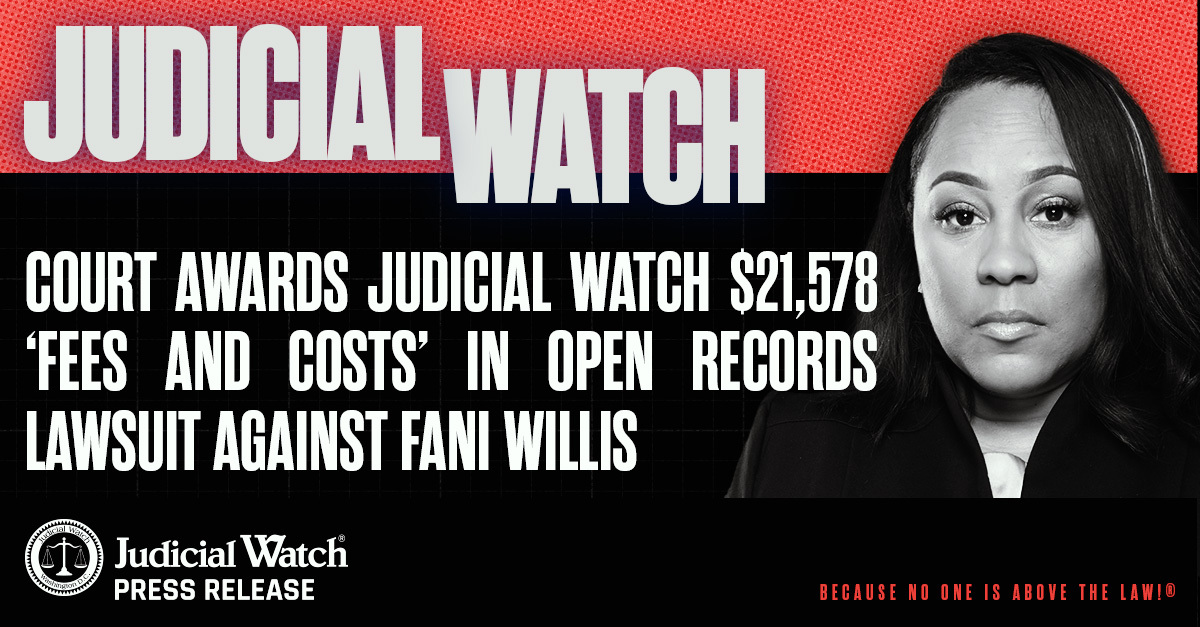

Obama Program to Expand Migrant Youth Entry Returns with Broadened Eligibility


A revived Obama program to allow more migrants under the age of 21 to come to the U.S. legally will begin accepting new applications this week and has been expanded to assure more candidates qualify, the Biden administration announced via the State Department. Known as the Central American Minors (CAM) Refugee and Parole program, it was initially launched in 2014 so youths from Guatemala, El Salvador, and Honduras with a relative in the U.S. could qualify for asylum without having to apply in person as is customary. The Trump administration terminated the program in 2017 and earlier this year the Biden administration said it was “reinstituting and improving” it.
The new version, which officially begins accepting new applications today, will broaden eligibility and reopen cases that were closed when CAM was shut down, according to the State Department announcement that says “resettlement support center partners were trained to support families during the process” throughout August. That means it is highly likely the government paid leftist nonprofits to assist the illegal immigrants and their relatives. “The reopening of CAM coupled with eligibility expansion are components of President Biden’s multi-pronged approach to address the challenges of irregular migration throughout North and Central America,” the State Department further writes, adding that “a greater number of qualifying individuals now have access to this program.”
In addition to parents, eligibility to petition will now be extended to include legal guardians who are in the United States, pursuant to any of the following qualifying categories: lawful permanent residence; temporary protected status; parole; deferred action; deferred enforced departure; or withholding of removal. The expansion of eligibility will also include “certain U.S.-based parents or legal guardians who have a pending asylum application or a pending U visa petition” filed before May. “We are firmly committed to welcoming people to the United States with humanity and respect, and reuniting families,” the Biden administration writes in the press release, adding this: “We are delivering on our promise to promote safe, orderly, and humane migration from Central America through this expansion of legal pathways to seek humanitarian protection in the United States.”
The Obama administration enacted CAM in 2014 to allow youths from the three impoverished Central American nations with parents or relatives in the U.S. legally to apply for protective status from home. Typically, foreigners seeking asylum must apply in person. Originally, CAM only offered the perk to the children of “certain parents who are lawfully present in the United States.” To qualify the “child” had to be unmarried, under he age of 21, and a national of El Salvador, Guatemala, or Honduras. In some cases, the government allowed an “in-country parent of the qualifying child” to also qualify for access. Those determined by the U.S. government to be ineligible for refugee status, were considered for parole, which does not lead to a permanent immigration status but allows illegal immigrants to lawfully enter and live temporarily in the U.S. and apply for work authorization. Under the original CAM, the U.S. generally approved parole for a three-year period.
Reinstating CAM will make tens of thousands of minors eligible to come to the U.S. even though the country is already overwhelmed with an influx of migrant youths, mainly from Central America, that have shown up at the Mexican border. The government classifies them as Unaccompanied Alien Children (UAC) and there are approximately 14,319 in taxpayer-funded shelters throughout the U.S., according to the latest figures released by the Department of Health and Human Services (HHS), the agency charged with caring for the UAC. The overwhelming majority (72%) are not young children but rather adolescents over 14 years of age, the government figures show, and 68% are boys. Most come from Guatemala El Salvador, and Honduras. Last fiscal year the U.S. released 75,165 UAC to “sponsors” around the country, with four states—Texas, Florida, California, and New York—absorbing the biggest chunk. Thousands also went to relatives in Georgia, Maryland, New Jersey, and Virginia.















